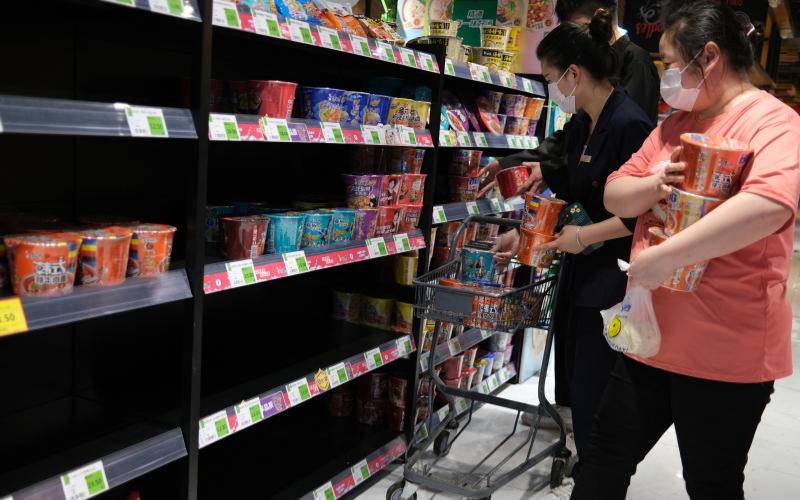×
The Standard e-Paper
Stay Informed, Even Offline

Beijing residents snapped up food and other supplies as the city’s biggest district began mass Covid-19 testing of all residents on Monday, prompting fears of a Shanghai-style lockdown after dozens of cases in the capital in recent days.
Authorities in Chaoyang, home to 3.45 million people, late on Sunday ordered residents and those who work there to be tested three times this week as Beijing warned the virus had “stealthily” spread in the city for about a week before being detected.